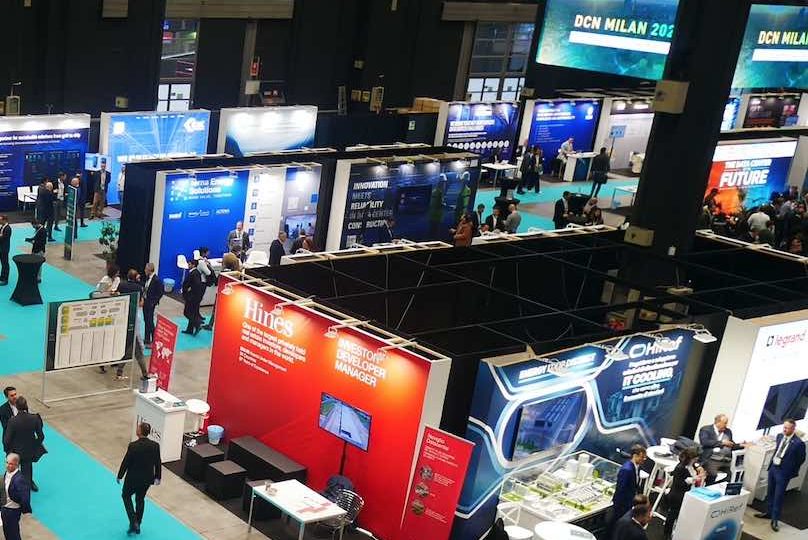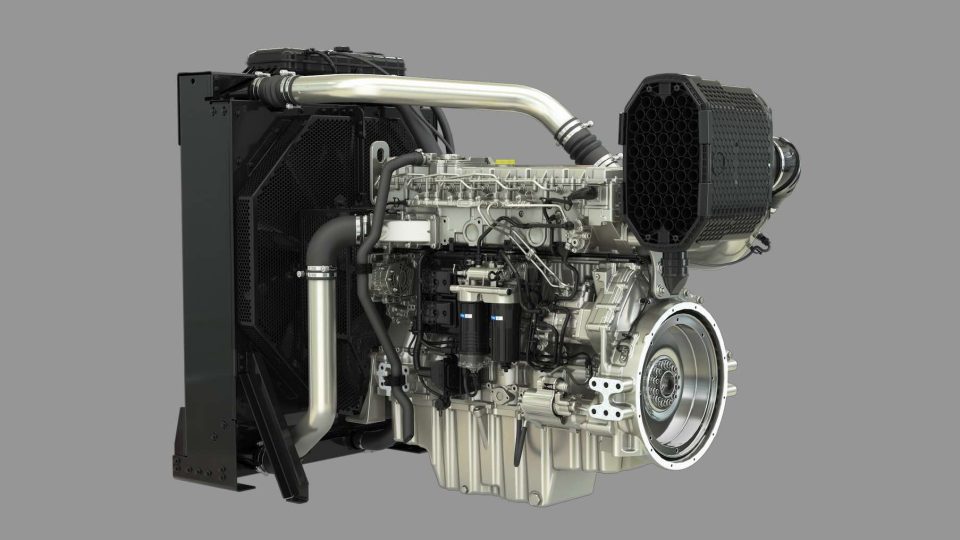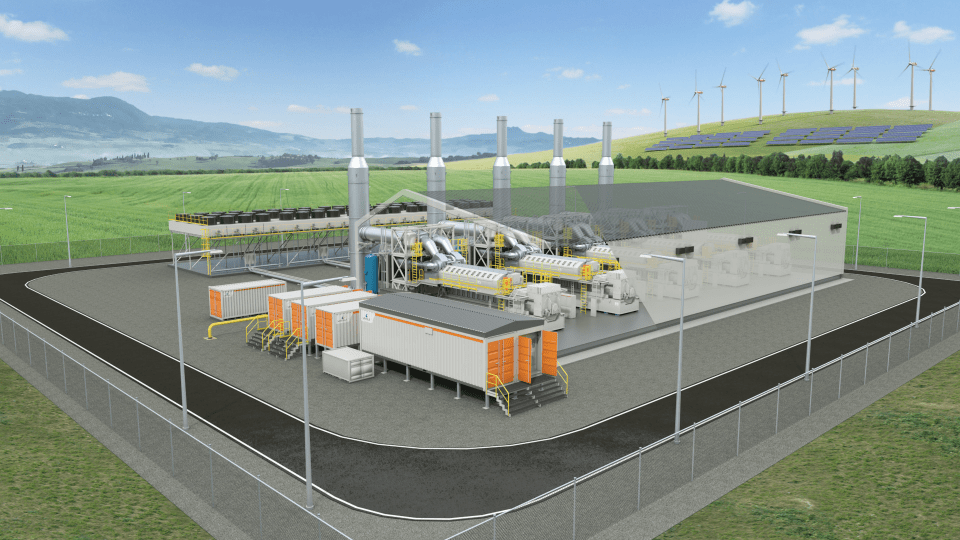Volvo Penta expands into BESS with OEMs
Volvo Penta is expanding its power generation business into battery energy storage systems (BESS) with OEMs. Volvo Penta’s modular and scalable solution is intended for integration into manufacturers’ BESS applications to accelerate market entry.

In a strategic move to supplement its power generation business and tap into new segments, Volvo Penta is launching a new offer – a high-performance subsystem based on the Volvo Group’s electromobility platform, optimized for OEMs’ BESS applications.
“Battery energy storage is increasingly in demand for a variety of applications including utilities, factories, decentralized microgrids and mobile charging stations,” says Hannes Norrgren, President of Volvo Penta Industrial. “As our solution is application agnostic, we see huge potential for its adoption. Together with OEMs, our solution provides possibilities to store energy from and add resiliency to renewable solar or wind-powered sources, opening new business models that appeal to end customers on their road to net-zero emissions.”
The signature attribute in Volvo Penta’s modular and scalable BESS subsystem is a high-energy-density and high-power battery system with a favorable C-rating – which ensures quick and substantial charge and discharge, in response to sudden demand. These battery systems are energy and power-optimized to meet business and operational needs. From just one, to as many units as are required for the OEM’s BESS applications, Volvo Penta’s solution is scalable up to hundreds of mega-watt hours (MWh) in energy.
Volvo Penta’s value-added systems-supplier approach ensures that its offer is deployed in a holistic way to manufacturers. The value chain, which spans from the design of the battery packs to meet safety, industry and performance standards for repeat operation, all the way to its transportability and integration into turnkey BESS applications, is secured.
“BESS will enable highly flexible energy solutions, making low to no emissions a far more viable proposition for mobile and stationary use,” adds Hannes. “We’re starting by introducing the solution to customers in North America and Europe, followed by other markets, and are eager to begin collaborating with OEMs to kickstart new projects in BESS.”
Volvo Penta’s offer is built on the Volvo Group’s electromobility platform which has seen real-world success in applications such as trucks, buses and construction equipment. In parallel, the Volvo Group is also investing in battery cell and pack manufacturing around the world to secure capacity and large-scale series production.
The Volvo Penta BESS offer demonstrates high-power output from an energy-dense and small footprint. With its origins in heavy-duty design, and being optimized for tough environmental conditions, the battery system is an excellent option for BESS applications.
“Volvo Penta’s engineering expertise, together with knowledge from the Volvo Group, will be key in guiding our OEMs in developing a battery energy storage solution to meet new segment and application needs as we jointly navigate this energy transition,” says Heléne Mellquist, CEO of Volvo Penta. “The company has taken an exciting next step in its journey to visualizing and realizing an ecosystem of road-to-net-zero solutions that not only strengthen our power generation business but go well beyond into new segments.”








